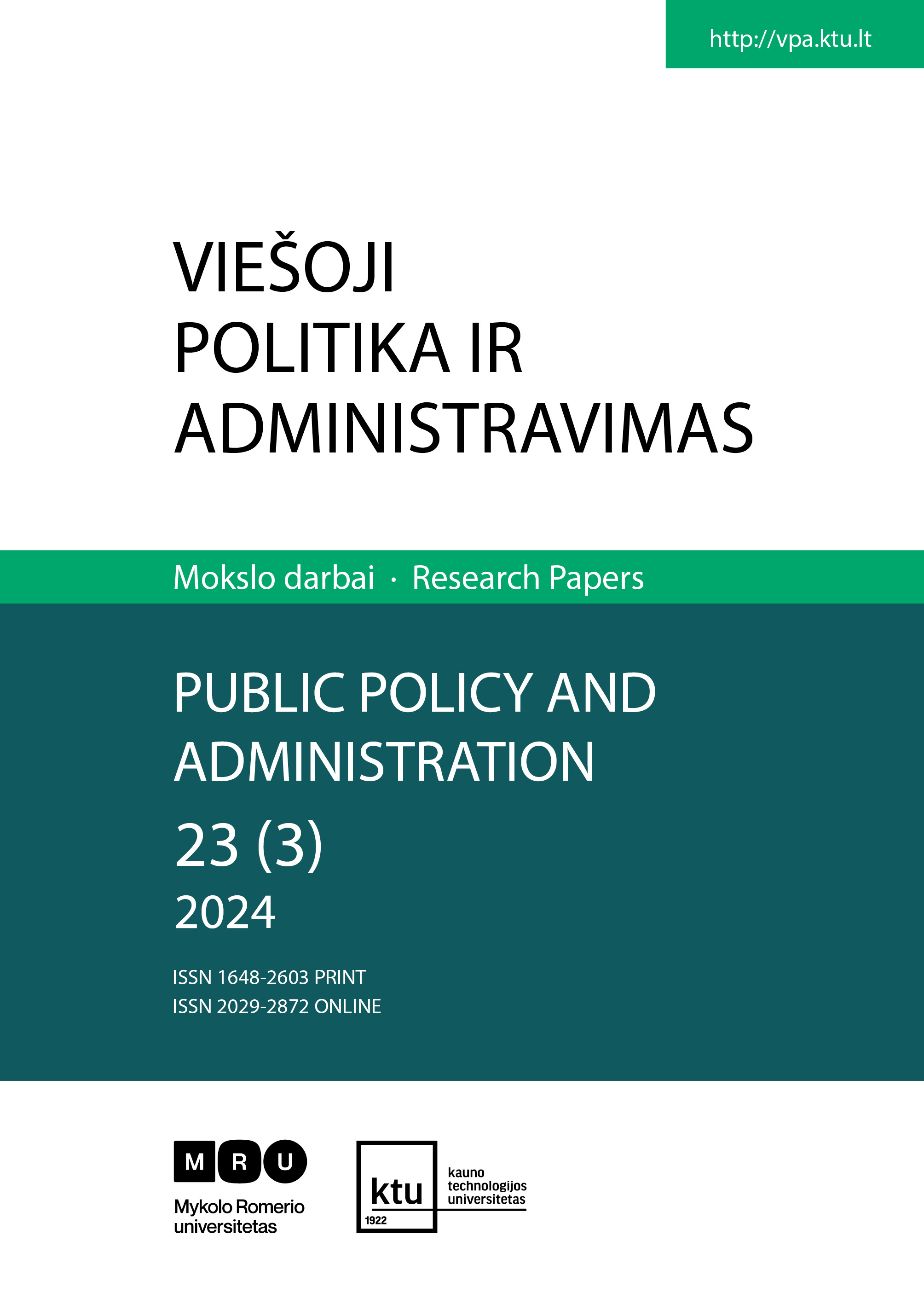Transhumance Crisis and Food Security Issues in Southeast Nigeria: Implications for Sustainable Development
Transhumance Crisis and Food Security Issues in Southeast Nigeria: Implications for Sustainable Development
Author(s): Cordelia O. Idoko, Orkuma Anyoko-Shaba, Samuel O. Okafor, Gloria E. AmadiSubject(s): Politics / Political Sciences, Agriculture, Energy and Environmental Studies
Published by: Mykolas Romeris University
Keywords: transhumance-related crises; resource-access crises; food security management; climate change; agricultural sustainability; rural-urban food security;
Summary/Abstract: Food security in sub-Saharan Africa in recent history is beginning to experience alteration due to some factors such as transhumance-related crises in the region. Although transhumance is an age-long practice among developing nations, especially in sub-Saharan Africa, its relationship with farming and agricultural sustainability has gradually changed due to increasing politically motivated resource-access crises in the region. In this study, we investigated transhumance-related resource-access crises and food security management in southeast Nigeria. The study sample is made up of 625 rural farmers domicile with farmers’ cooperative societies in the region. The study was guided by the Resource-Access Theory and survey research design; a questionnaire instrument was used in data gathering while percentage, correlation and regression statistics were deployed to assess the collected data. Among the major findings of the study, transhumance-related conflict negatively correlated with the four dimensions of food security in the region such as food production (p.000, r = -.386), food availability (p.000, r = -.325), food accessibility (p.000, r = -.376) and food stability (p.000, rho = -.389). Rural-urban food circulation is predicted by open grazing, herdsmen encroachment into the farm, farmers/herders clash, climate change indicators (*** p<.000, R2=.791), while agricultural sustainability is predicted by the age of the respondents, open grazing, herdsmen encroachment into the farmland, farmers/herders clash, climate change indicators as well as desertion of farmland because of herdsmen attacks (*** p<.000, R2=.876).
Journal: Viešoji politika ir administravimas
- Issue Year: 23/2024
- Issue No: 3
- Page Range: 407-421
- Page Count: 15
- Language: English

